Britain’s Conservative Party just tore itself apart over the EU referendum; David Cameron was forced to resign as prime minister. Yet the party in meltdown is Labour.Polling out this past weekend shows Labour drawing 31%, vs. 37% for Conservatives, if a general election were held tomorrow.
The Conservative Party, showing once again its extraordinary capacity for self-preservation, is closing ranks behind new Prime Minister Theresa May. Still, how can the Tories be riding so high after such a political omnishambles? One doesn’t have to look far for an answer: thehard-left Labour leader, Jeremy Corbyn.
Asked who is or would be the best prime minister, just 16% of British voters give Mr. Corbyn the thumbs-up, compared with 52% for Ms. May. Fewer than half of Labour supporters (48%) think Mr. Corbyn would be the best PM. In her first outing in the House of Commons, Ms. May easily trounced Mr. Corbyn. (Her performance was described by the left-leaning Guardian newspaper as a “brutally brilliant” debut.) No wonder most of his parliamentary colleagues have abandoned him, forcing a leadership contest.
Again, the Conservative Party has just presided over an amateurish, disastrous session of British political history. That Tories still dominate is less about their strength than their political opponents’ weakness.
So: What will happen? I’ve just been in London, and conversations with political insiders suggest that this is the most likely scenario to play out:
First, Jeremy Corbyn, having attracted many left-wingers onto party rolls, fends off challenger Owen Smith to retain the leadership of the Labour Party.
Next, the majority of Labour MPs set themselves up as a separate parliamentary group.
As the second-largest group in parliament, these MPs would become the official opposition. They could call themselves anything–say, New Labour Party. (Read this excellent summary of the constitutional implications by Meg Russell of the University College London). This means money and status. If the anti-Corbyn MPs can’t get a new leader, they’ll get a new party.
In the meantime, a few remaining anti-Corbyn MPs stay behind and try to recapture their party. The key here, for those interested in the details, is to take control of Unite, the U.K.’s largest trade union. (Unite’s leader, Len McCluskey, is a strong supporter of Mr. Corbyn andhas rallied the union’s members behind him, but his term ends soon.)
If the Labour Party, reduced to a parliamentary rump, remains in Mr. Corbyn’s hands, the next general election would be the moment when the split becomes formal. The New Labour Party would try to attract Liberal Democrat and Green supporters, as well as pro-European conservatives.
Theresa May is likely to wait until the next scheduled general election, in 2020, to face voters. But if Labour were to split, she might decide to call a snap general election to take advantage of opponents’ disarray. Either way, it seems likely the Tories would win.
Center-left parties across the globe seem to be struggling to connect with the anxieties of ordinary voters, leaving them at the mercy of populist appeals. Between populist surges and volatile electorates, we are seeing destabilizing forces at work in politics. Strong political parties act as stabilizers in stormy waters. Whatever one’s individual politics, the fate of the Labour Party in Britain, and perhaps the Republican Party in the U.S., should concern us all.
Editor’s note: This piece originally appeared in The Wall Street Journal.
The Brookings Institution is committed to quality, independence, and impact.
We are supported by a diverse array of funders. In line with our values and policies, each Brookings publication represents the sole views of its author(s).
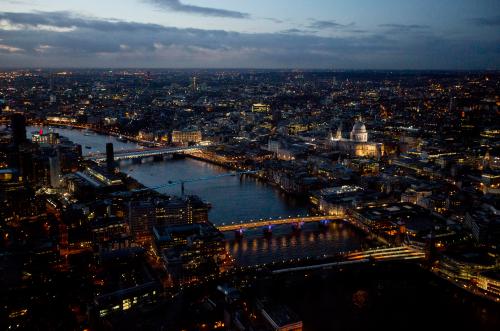
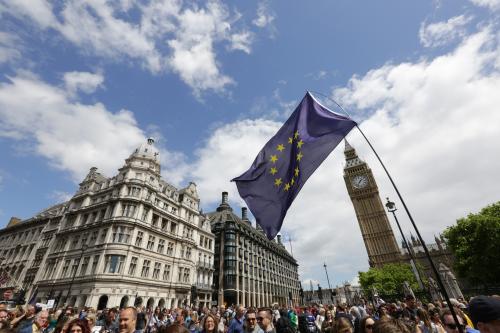
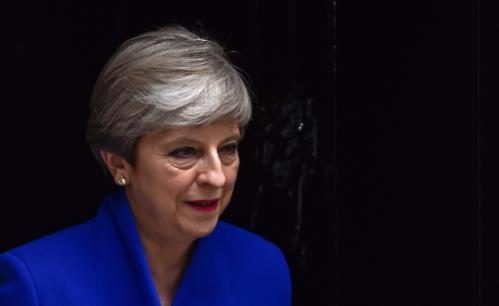
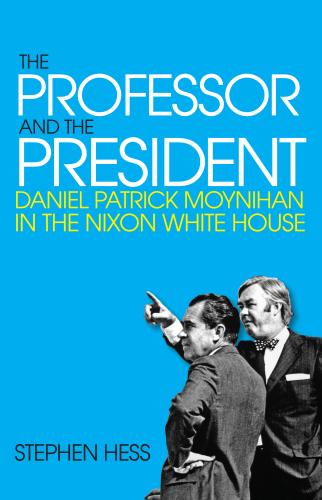
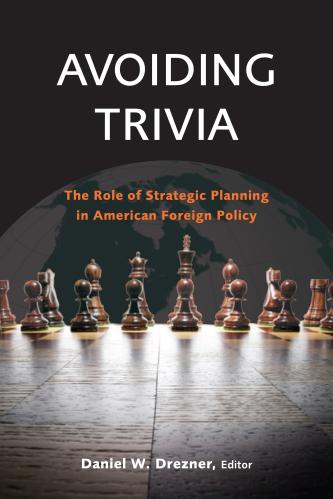





Commentary
Op-edHow a U.K. Labour party meltdown could play out in wake of Brexit vote
July 28, 2016